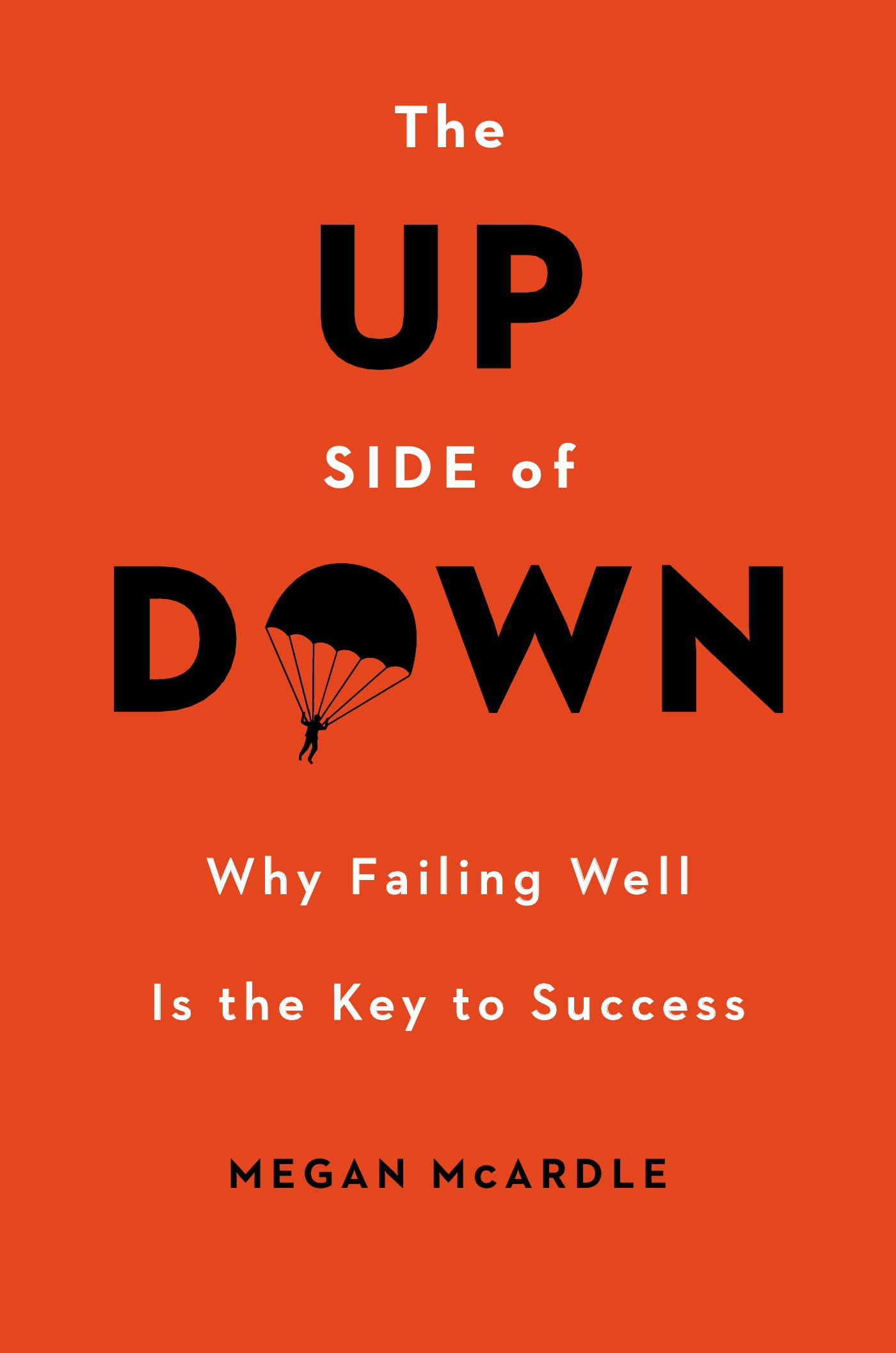
Megan McArdle’s practical and entertaining book is full of great stories of people who fail initially, but then succeed spectacularly. McArdle also shows why we fail. Many times, it’s because we’re trying to accomplish complicated tasks where one wrong move can ruin everything. McArdle uses her own life as an example in a couple of cases. McArdle’s mother complained of an upset stomach. McArdle and her sister mishandled the mother’s distress until they were forced to take her to the ER. More went wrong: a botched CT scan, an X-ray misread, and a plugged drain that was supposed to remove infected fluids. But then some things went right. The surgeon correctly diagnosed AcArdle’s mother’s burst appendix. And, fortunately, a special antibiotic was available that saved her life.
McArdle’s other personal story was about her breakup with a boyfriend. Plenty went wrong, but McArdle was prone to misunderstanding the concept of “sunk costs” in trying to solve her problems. There are some great tips about reducing failures and coping with failures. McArdle’s breezy writing style and comprehensive research makes The Up Side of Down a practical book. GRADE: A
TABLE OF CONTENTS:
Preface
1 Failure Is Fundamental
How a Brain Scientist and a Psychologist Helped Me Stop Procrastinating
2 The Virtuous Society
What Two Economists and an Anthropologist Can Teach Us about Free Markets
3 The Experimenters
Why There Are No Guarantees in Hollywood or Silicon Valley
4 Accidents, Mistakes, Failures, And Disasters
What the Hospital System Can Teach Us about the Mistakes We Make
5 Crisis
What a Bad Breakup Can Tell Us about the GM Bailout
6 Admitting You Have A Problem
What Gamblers Anonymous Could Have Taught Dan Rather
7 Getting Unstuck
Adopting the Way of the Shark
8 Blame
Blamestorming and the Moral of the Financial Crisis
9 Punishment
Why Consistency Is the Secret to Breaking Bad Behavior
10 Forgiveness
How I Learned to Stop Worrying and Embrace Easy Bankruptcy (Though Not Personally)
Coda
Acknowledgments
Notes
Index
Wish this had come along a few years back.
Patti, THE UP SIDE OF DOWN has plenty of useful advice for all age groups.
Yawn.
Bob, I think you’d appreciate the military examples Megan McArdie provides.
Two of the biggest nonfiction genres are self-help and dieting. If any of them were worth squat we’d be a nation of well-adjusted, slender people. I have no love for this stuff.
Bob, I’m not a fan of dieting books but any book that can help me make better decisions is useful.
I contend we read them, maybe change for a couple of days, and go back to our old selves. Otherwise we wouldn’t need new self-help books every moonrise. If you find something useful in them, more power to you.